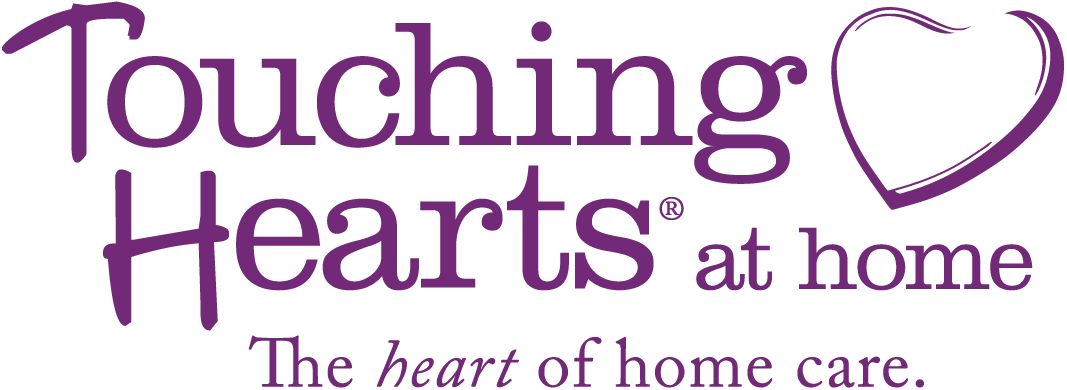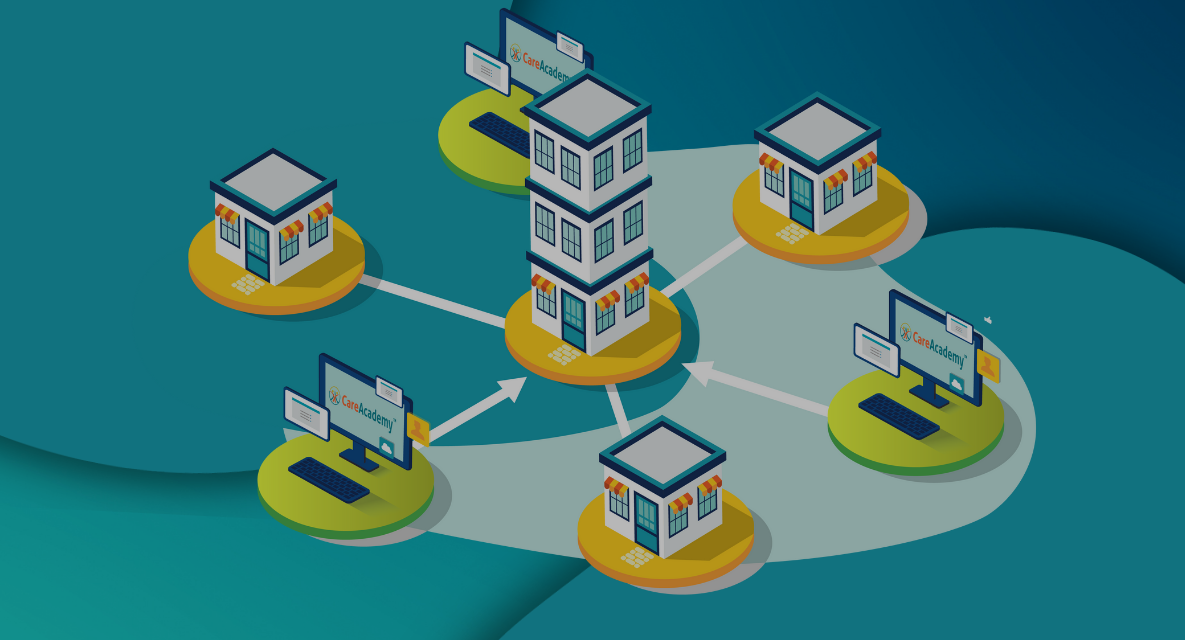As one of the most essential yet strained segments of healthcare, the direct care workforce is not […]
The need for private home health care is growing dramatically as approximately 8,000 Americans turn 65 every day. By 2030, it is projected that there will be 72 million seniors in the United States, climbing to 80 million by 2040.
Even with the economic uncertainty following the pandemic, many home care franchises have thrived. In the first half of 2021, the Always Best Care franchise recorded a 150% increase in home care inquiries.
However, the home care industry is highly fragmented, with a mix of franchise networks and independent agencies.
So one of the key decisions facing business owners when starting a home health care agency is whether to start an independent agency or buy into a franchise and benefit from the already established brand equity.
In this post, we'll discuss the pros and cons of buying a home health care franchise versus an independent agency.
Home Health Care Franchise vs. Independent Agency: 8 Key Considerations for Owners
Starting a home health care franchise or independent agency has never been more attractive. But before you take the plunge, you’ll have to weigh up the pros and cons of both options.
The decision you make now will impact how you start and operate your business, how quickly you can scale, and your overall chances of success.
For each of the items below, we’ll highlight what you need to consider.
Costs
- Franchisee – You’ll have lower total investment costs, especially up front, but have to pay a small percentage of monthly revenues to access established programs and opportunities you’d spend years developing on your own. Plus, the franchisor usually has the right to dictate the timing and scope of other investments, like refurbishments.
- Independent owner – You’ll have higher investment costs to finance your brand name, a website, marketing campaigns, conferences, and more. But you do have more control over the investment decisions and timing.
Operational resources
- Franchisee – You don’t need extensive business or industry experience. Although experienced business owners also buy franchises, franchisors make it easier for first-time business owners to succeed by providing a proven business system, corporate support, a supplier network, and other services.
- Independent owner – You’re on your own from day one. While you have complete control of the business, you don’t have access to marketing, operations, human resources, and other business functions that franchisees can tap into.
Control
- Franchisee – You’re your own boss to a certain extent. But the franchisor still has control over things like business location, hours of operation, holidays, pricing, signage, layout, decor, services, plus advertising and marketing.
- Independent owner – You don’t report to anyone. So you control the business model, training, recruitment, location, operating hours, marketing, and branding. Plus, you can change the strategy and expand the business whenever you want.
Onboarding and training
- Franchisee – You’ll likely have ongoing access to a business coach or mentor, plus in-person training, visits to other franchises, and various onboarding resources.
- Independent owner – You won’t have access to a training manual, so even if you have experience in the home care sector, it’s up to you to get the business up and running. If you make a wrong decision, it could set you back weeks or months.
CareAcademy works with franchisors to provide an online training platform that increases caregiver knowledge. Franchisors such as Home Helpers and Comfort Keepers use CareAcademy to improve the overall quality of care for their franchises.
Brand recognition
- Franchisee – You benefit from joining a business with a well-known brand name. However, on the downside, if the franchisor or another franchisee does something that results in adverse publicity, all franchisees suffer.
- Independent owner – You have to be prepared to develop your brand and customer base from the ground up, which takes time. On the plus side, you can build your own brand and marketing materials rather than using the same as everyone else.
Economies of scale
- Franchisee – You benefit from the size of the franchise network as the parent company can negotiate deals and purchase goods in bulk at a discounted rate. These preferential rates reduce the overall operating costs of your franchise and increase profit margins.
- Independent owner – You don't have the same buying power when you’re operating an independent business. Consequently, your operational costs are higher, and your profit margin is reduced.
Risk
- Franchisee – You follow a proven system, which reduces the risk of starting a business. If you’re a risk-averse business owner, this option makes sense.
- Independent owner – Starting any business is risky, but when you’re starting up on your own, it’s even more dangerous. If you don’t have any experience of starting a business or knowledge of the home health care sector, the risk is further compounded.
Professional experience
- Franchisee – You don’t need to be an expert to buy a home health care franchise. Although some franchisees have a medical background, others come from different occupations, including accountants, electricians, and armed forces.
- Independent owner – Likewise, you don’t need a medical background to run your independent home health care agency. You can always hire the necessary skilled staff to provide home caregiver duties. It’s more important that you have the entrepreneurial spirit of setting up and running your own business.
Is a Home Health Care Franchise the Right Choice for You?
Businesses succeed and fail every day. Ultimately the decision to buy a home health franchise comes down to you as a business owner.
Do you like the idea of investing in a structured and proven business model with a ready-made support system? If you can get behind the existing brand, then the franchise model is likely the right choice for you.
On the other hand, if you don’t like the idea of relinquishing total control of operational decisions or following other people’s rules, then you’re probably more cut out to run an independent agency.
Whichever option you choose, make sure you carry out your due diligence and ensure your caregivers are properly trained and compliant.
Book a demo to see how training your caregivers can help reduce compliance risks and grow your business.






